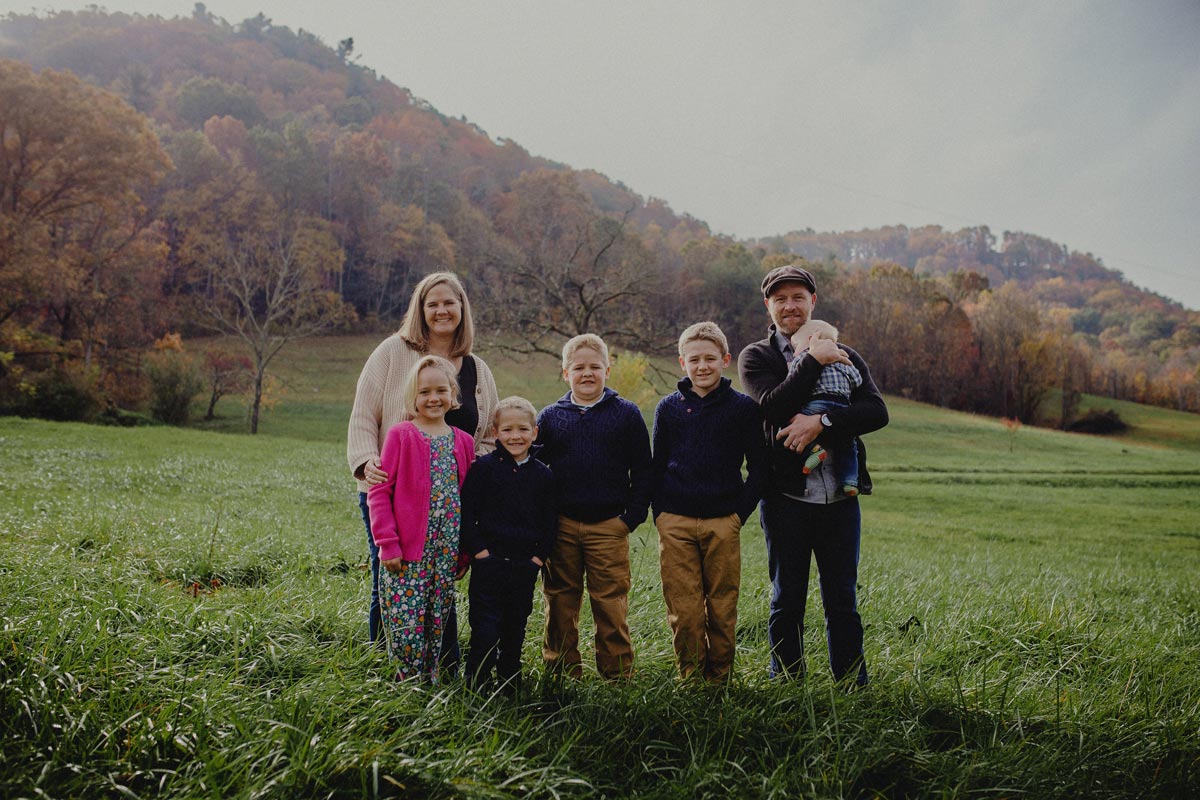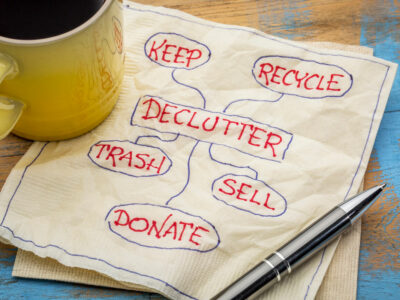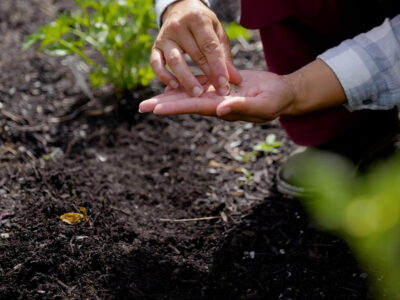I’m chatting with Rebekah Rhodes discussing all things health. We both share our thyroid health journeys as well as some of the things we’ve done to help heal, as well as what we’re currently doing to stay in the best health possible.
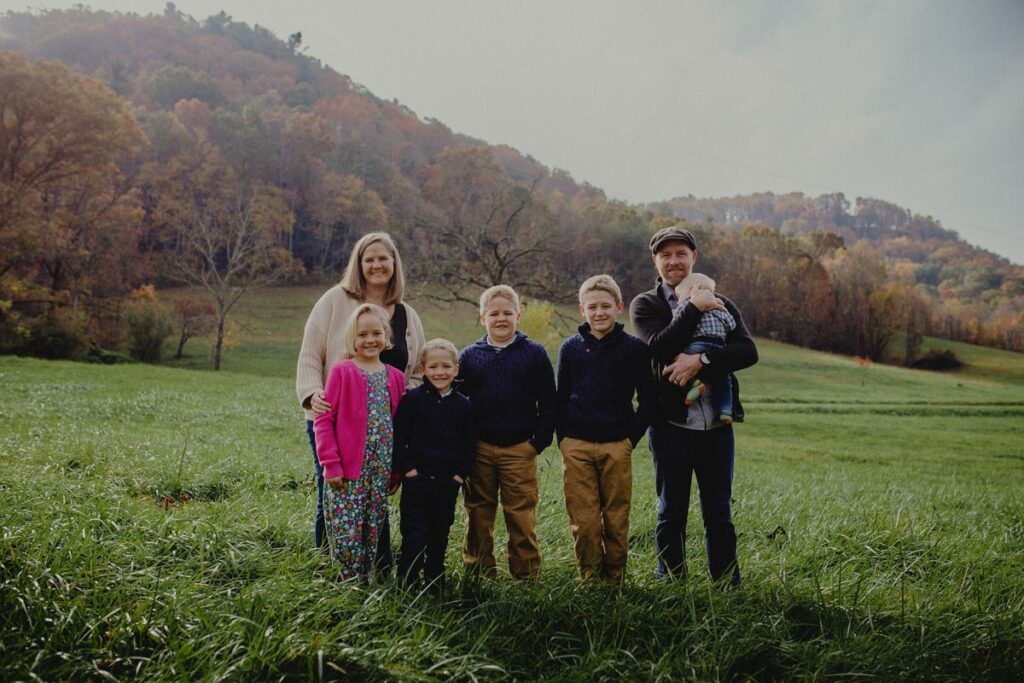
Rebekah Rhodes is a mom of five children living in North Carolina with her husband Justin. They have a vlog called The Justin Rhodes Show on YouTube as well as a website called Abundant Permaculture. They also created Abundance Plus, a homesteaders streaming app where you can watch family-friendly homesteading shows in the comfort of your own home (use code “MKNFREEMONTH” for one free month of Abundance Plus!).
Natural Remedies Made Simple

Start your home apothecary with confidence—even if you’re brand new. Learn how to choose the right herbs for your body using the simple principles of herbal energetics.
Discover how warming, cooling, drying, and moistening herbs affect your body—so you can stop guessing and start making remedies that actually work.
In this episode of the Pioneering Today Podcast (episode #342), we’re discussing auto-immune issues, specifically that deal with your thyroid. I’m sharing my thyroid experience and Rebekah is sharing hers.
We’re also discussing the role that healthy healing foods play in your healing journey and, if you have to take prescription medication, how that affects the journey and the mindset.
*Note: You may hear the term “EMDR Therapy” in today’s episode. It stands for Eye Movement Desensitization & Reprocessing and is a form of therapy where someone recalls a stressful or traumatic experience in their past to find healing.
It’s important to note that I am not (and Rebekah is not) a certified medical practitioner. This post is not intended to diagnose or treat but is for informational purposes only. Please contact your healthcare professional before introducing new herbal and natural remedies into your wellness routine.
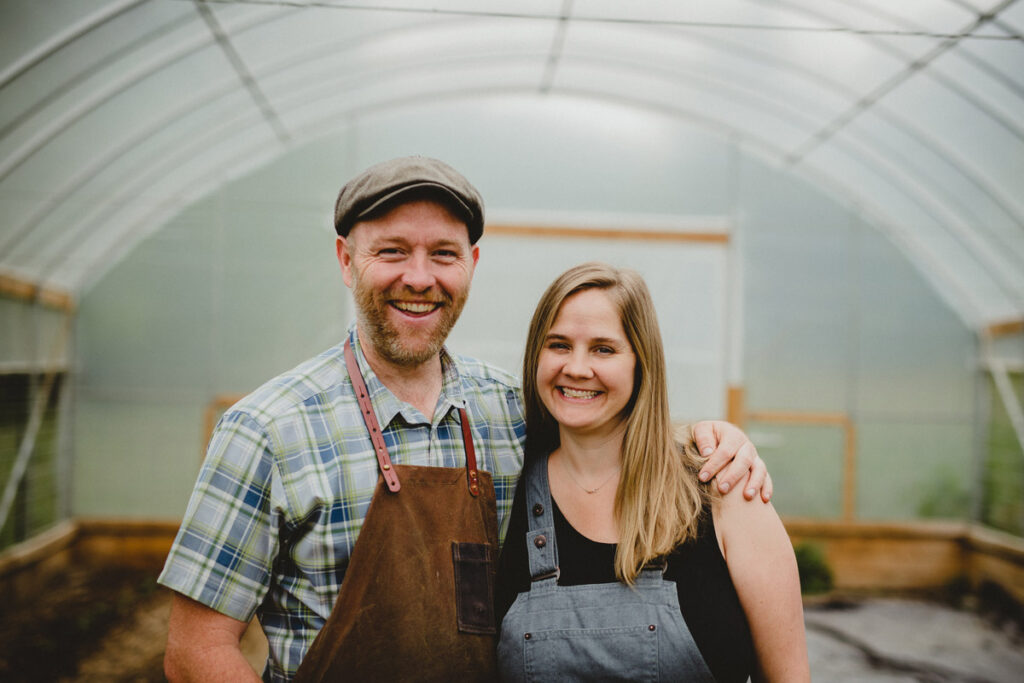
Table of Contents[Hide][Show]
In This Episode
Rebekah’s Thyroid Journey
- Her attempts to get off thyroid medication.
- Quitting gluten partially and fully.
- Drinking raw milk.
- Getting diagnosed with SIBO.
- Doing the GAPS diet.
- Dealing with feelings about taking pharmaceuticals.
- How she’s hoping EMDR might help heal her thyroid.
- Her encouragement in continuing to learn, read, and find a good doctor to work with.
Melissa’s Thyroid Journey
- Her experience in getting diagnosed.
- Hair loss and low energy.
- Going gluten-free and low carb.
- Daily emotional and cortisol spikes due to past events in her life.
- Read more about Melissa’s health, her toxin testing results, how to detox naturally, and her thyroid healing journey here.
Resources
- Read more about the seven signs you might suffer from thyroid disease here.
- Listen to my other podcast interview with Rebekah on homesteading with children here.
- Find Rebekah and her husband Justin on their YouTube channel, The Justin Rhodes Show.
- Follow Rebekah on Instagram.
- Watch their show “Rooted” on Abundance Plus.
More Posts You May Enjoy
- 7 Signs You Suffer From Thyroid Disease
- Unplugging for One Year with Rory Feek
- The Nourishing Asian Kitchen (Sophia Eng)
- Thyroid, Adrenal Glands & Hormone Health
- My Health Journey & Tips for Fitness
- How to Heal Stomach Acid Naturally
- How to Find Your Trigger Foods
- Our Broken Food System
- A Military Wife’s Look on Homestead Preparedness
[fusebox_transcript]
